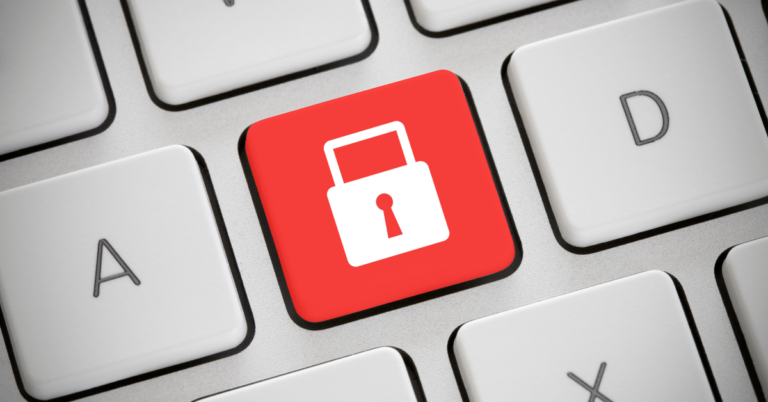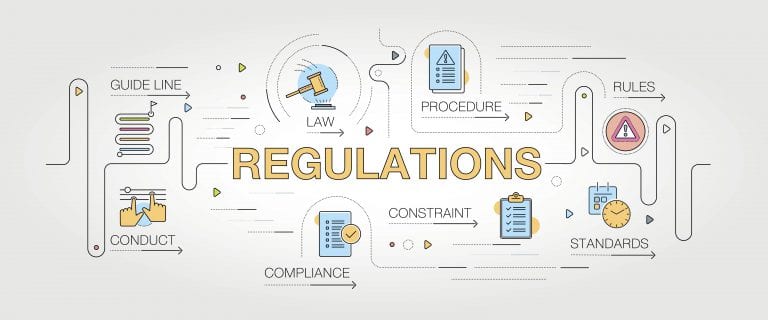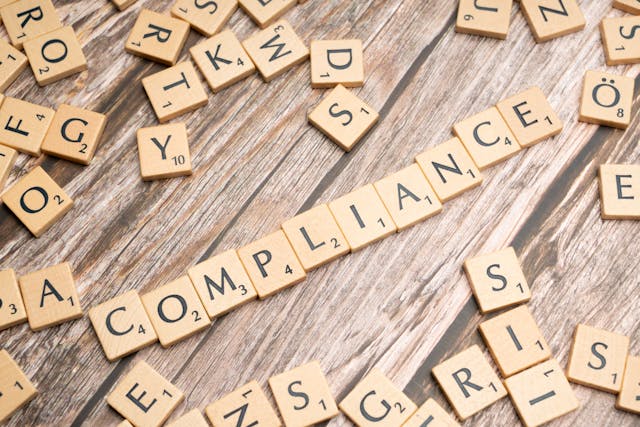Does your business work with sensitive financial information? If the answer is yes, here’s why it’s necessary to work with a PCI DSS Certified contact center.
What is PCI DSS?
The Payment Card Industry Data Security Standard (PCI-DSS) is a set of security standards designed to ensure that all companies that accept, process, store or transmit credit card information maintain a secure environment.
In short, PCI-DSS was designed to improve account security throughout the transaction process for consumer credit cards.
Why Choose a PCI DSS-Certified Contact Center?
An organization offers its customers assurance that all functions involved in the transmission, processing, and/or storing of cardholder data (CHD) operate in a well-secured environment.
The decision to utilize a PCI DSS-Certified contact center reflects an organization’s commitment to assuring its customers that security controls are in place to protect their cardholder data (CHD) effectively.
When a company decides to accept payment cards as a form of payment, merchants must abide by and implement the Payment Card Industry Security Standards Council (PCI SSC).
When businesses transfer many of the controls and responsibilities associated with mail-order and telephone-order transaction processing to a PCI DSS-Certified contact center, they can focus on what matters most; their customers and business.
Why is PCI DSS Certification Important?
The whole purpose of the PCI DSS is to protect cardholder data from falling into the hands of fraudsters and criminal organizations.
- By following the PCI standard, organizations keep employee and customer data secure while avoiding costly data breaches.
- PCI DSS certification offers organizations’ customers a level of confidence that every attempt to protect sensitive information has been implemented and operates effectively.
- Certification also indicates that an organization has made every attempt to minimize the risk of data leakage or exposure.
A PCI DSS certification requires an annual review of all applicable controls, supported by the collection of evidentiary documentation, which lends itself to a practice of ongoing compliance with each of the twelve (12) PCI DSS requirements.
This means that entities must maintain processes and documentation to support all the controls continually throughout the year, not just during a PCI audit.
In Conclusion
The decision to employ a PCI DSS-Certified contact center that commits to secure transmission, processing, and/or storage of sensitive payment information benefits all parties involved has many benefits. They include but are not limited to:
- Peace of mind that every opportunity to protect the information is employed, minimizing the risk of exposure.
- In a climate where the threat of misuse or mishandling of information is ever-growing, selecting a PCI DSS-certified contact center offers a level of comfort that protecting customer information is paramount to the certified organization.
- Business owners, customers, and employees alike can rest assured that the nuances of processing payment card transactions securely will be one less thing to worry about.
- Organizations that outsource their call center activities to a PCI DSS-certified contact center can focus on their own business and revenue streams instead of the IT Security overhead that comes with maintaining a secure payment card processing program.
About CompliancePoint
CompliancePoint is a Qualified Security Assessor Company (QSAC). Our consultants have decades of experience as practitioners and auditors. CompliancePoint has done the QCS Level 1 certification since 2013. Please reach out to us at connect@compliancepoint.com if you have any questions about this requirement or how CompliancePoint can assist your organization with preparing for your PCI DSS Certification.
By Brian Clark, CISM, CRISC, PCIP, PCI-QSA, ISO 27001:2013 | Lead Auditor, CompliancePoint









